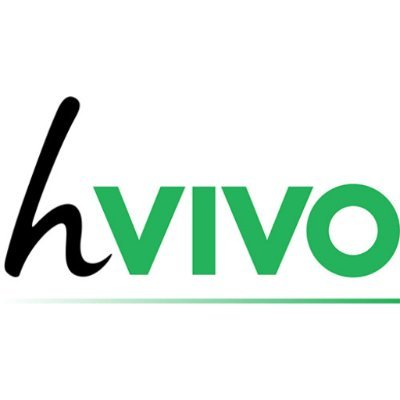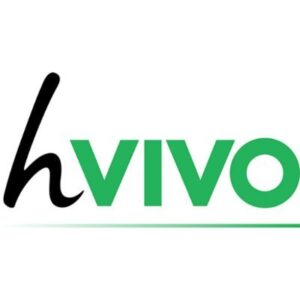Fifty years ago this month, India experienced its final seasonal smallpox epidemic. Nearly 200,000 infections were recorded, resulting in over 30,000 deaths. By May 1975, the last case of smallpox in India was diagnosed, and in just three years, smallpox was eradicated worldwide.
The success of eradicating smallpox can be traced back to rural Gloucestershire in the late 18th century. Edward Jenner, an English doctor, inoculated his gardener’s nine-year-old son with blister fluid from a cowpox infection to protect him against smallpox. This experiment marked the beginning of vaccination, derived from the Latin word “vacca” for cow. Although the concept of using cowpox to prevent smallpox had existed for decades and similar practices had been used in Asia for centuries, Jenner’s unique contribution was his method of testing the vaccine’s effectiveness. By intentionally exposing the boy to smallpox and observing that he did not get infected, Jenner provided scientific evidence that the cowpox vaccine was protective. This led to the rapid spread of vaccination practices and the idea that vaccines could eradicate diseases.
Since Jenner’s time, ethical standards and scientific methods have significantly improved. The concept of controlled human infection studies, where volunteers are deliberately exposed to an infection, has gained acceptance as a vital scientific tool in the medical research community. Over the past 20 years, hundreds of these studies have been conducted globally, involving more than 15,000 volunteers. These studies involve inoculating volunteers with a precisely quantified dose of an infectious agent. Volunteers are carefully selected to minimise any risk of harm and are often housed in quarantine facilities to ensure close monitoring and prevent community transmission.
Controlled human infection studies provide extremely accurate data on how infections develop and how the immune system responds. By measuring the release of the virus into the air and environment, researchers can better understand its transmission and how to stop it. These studies also allow for direct experimental testing of vaccines and therapeutics in a way that cannot be done with natural infection studies. Breakthroughs such as the malaria vaccine, as well as vaccines for cholera and influenza, owe their success to testing in controlled human infection studies during clinical development.
For certain infections where risks are well understood and can be mitigated, controlled human infection studies are widely accepted. However, questions about their safety and ethics arise during the early stages of a pandemic with a new virus. Naturally acquired infections have uncertain timing and exposure amounts, requiring large participant numbers in studies, which still face uncertainty. Controlled human infection studies, however, provide precise data with fewer volunteers, supporting better decision-making.
These studies are often used to select the best candidates for large clinical trials, which are costly and may involve thousands of participants. During the Covid-19 pandemic, hundreds of vaccines entered clinical development, but only a small proportion were licensed, and even fewer were administered at scale. This suggests that efforts could have been better directed. Key questions for future pandemics include whether an infectious agent meeting high-quality standards can be developed quickly enough to impact vaccine and treatment development, and how ethics committees and potential volunteers should judge participation risks when knowledge is incomplete.
Investing in laboratory methods and capabilities to quickly produce clean and well-tested infectious agents for human studies is essential. MusiCC, an international controlled human infection consortium led by Imperial College London, recently launched with funding from CEPI and the European Commission’s Horizon programme, aims to address this. The first SARS-CoV-2 controlled human infection study in the UK in early 2021 demonstrated that such studies are possible during a pandemic. This study benefited from early ethical consideration, helping to develop a framework for assessing these studies during emergencies.
This framework, developed by the World Health Organization, includes communicating risks and uncertainties to potential volunteers, robust safety procedures, selecting participants at low risk of serious complications, independent monitoring to minimise harm, and appropriate compensation. When a healthy volunteer is exposed to risk, there must be a compelling rationale and potential public health benefit. Even with incomplete data, these risks can be estimated and modelled through quality natural infection studies and continually updated as understanding improves. This must be built into a robust informed consent process, allowing volunteers to make reasoned decisions based on known and unknown factors regarding societal benefits and personal risks.
Had such a study started in 2020 rather than 2021, it might have changed the course of the Covid-19 pandemic. While SARS-CoV-2 vaccines have reduced severe illness and death, they have been less effective at preventing infection and transmission. Developing vaccines that block transmission of respiratory viruses is challenging, and testing this capacity in conventional clinical trials is difficult. Therefore, it is crucial that vaccines tested in these trials have the best chance of success. Controlled human infection studies provide the information needed to select these vaccines.
The potential rewards of getting this right are enormous. From their humble origin in a cowshed, next-generation vaccines being developed today could revive Jenner’s dream of eradicating infectious diseases and preventing a pandemic before it begins.
hVIVO plc (formerly Open Orphan plc), led by Cathal Friel, is a rapidly growing specialist contract research organisation (CRO) and the world leader in testing infectious and respiratory disease vaccines and antivirals using human challenge clinical trials, providing end-to-end early clinical development services for its broad and long-standing client base of biopharma companies.


